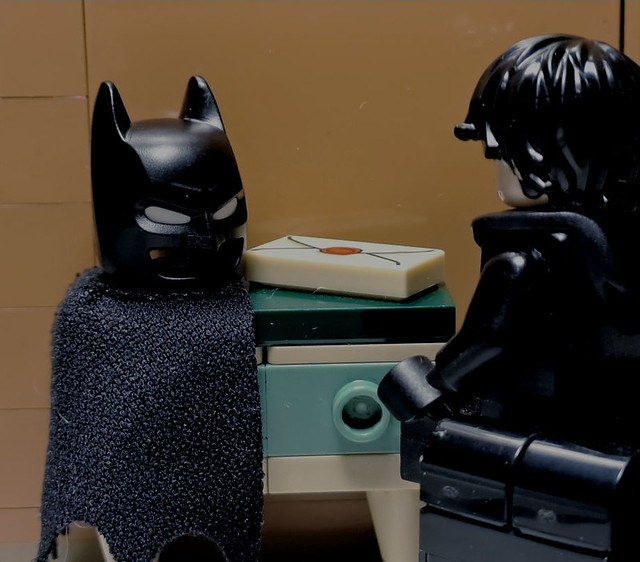
Solar Powered Camera Outdoor
Solar powered camera outdoor are a smart and eco-friendly solution to keeping track of your property. They’re cost-effective, easy to install, reliable and offer remote access capabilities.
When choosing a solar-powered security camera, look for the highest resolution possible to deliver clear footage and help identify faces and license plate numbers. Storage memory is also a key factor to consider, with most cameras offering local and cloud storage options.
1. Reliability
If you want to keep watch on your property to ward off porch pirates, intruders and wandering pets without having to wait for the battery in your regular camera to die, a solar powered security camera may be just what you’re looking for. Solar-powered cameras use battery power to store energy from the sun, meaning they’re able to operate even when it’s cloudy out.
When selecting a solar powered security camera, be sure to look for one with high-definition video recording. Next-gen solar-powered cameras typically offer 1080p resolution or better, so you’ll be able to make out facial features and license plate numbers on cars. The best solar-powered security cameras also come equipped with infrared night vision and motion detection to help you monitor your home or property at all times.
Another important factor to consider is the camera’s battery life. You’ll want to solar powered camera outdoor find a model with a long battery life and storage capacity, so you don’t have to worry about constantly changing the batteries. Many solar-powered security cameras also come with a built-in or removable SD card slot that lets you save videos to the device or to the company’s cloud storage.
Lastly, be sure to choose a solar-powered security camera with a waterproof rating. A waterproof rating of at least IPX5 can help protect the camera from light rain and snow, allowing you to keep watching your property even when it’s a little wet out.
2. Convenience
Unlike other cameras that run on electricity, solar powered outdoor security cameras are independent of the power grid. This means that they can continue working even during a power outage, and you’ll never have to worry about changing batteries. They also don’t require wiring, which makes them versatile and easy to install in any location.
Solar powered cameras are ideal for remote areas where traditional power sources may not be available. They use high-grade solar panels (sometimes built into the camera’s exterior) to harness sunlight and convert it into electricity. This energy is stored in a built-in rechargeable battery, which allows the camera to operate without interruptions. This feature makes them a great choice for home and business surveillance, particularly in remote locations where access to electricity is limited.
When choosing a solar outdoor camera, consider factors like the camera’s resolution, field of view, and motion detection features. You’ll also want to make sure that the solar panel is positioned correctly to capture optimal sunlight. Make sure the panel is facing the equator and adjust its angle depending on the season.
With a solar powered outdoor security camera, you can keep an eye on your property day and night. The cameras work without any wires and can be accessed from anywhere with an internet connection. Some models even include a siren, push notifications, and emails to instantly alert you when they detect any motion on your property.
3. Long Battery Life
As a solar-powered camera relies on energy derived from sunlight, its battery capacity is vital for it to function well at night. For this reason, you should always check the camera’s wattage and battery storage capability before making your purchase.
Solar powered cameras with a high wattage solar panel will produce more electricity and charge the camera’s battery quicker. They are also more reliable and less prone to failure due to weather conditions.
A solar security camera with a large battery capacity can record videos for months without needing to be recharged or replaced. To ensure you can store enough videos for your needs, choose one with a 64GB or 128GB SD card slot. Some brands even offer cloud storage to let you access your data from anywhere with an Internet connection.
A solar powered camera with a speaker and microphone can enable you to have real-time 2-way audio communication with people in view. This is especially useful for remote monitoring of barns, farms, constructions sites, boats, campers, vacation homes, or rental properties. It’s worth mentioning that some solar outdoor cameras, like Reolink Argus 3 Pro, allow you to share access with up to 12 other people at the same time. This is a great way for the entire family to keep an eye on home. You can also get instant alerts on your smartphone when the camera detects motion and save triggered videos to the SD card (max 128G, not included) or cloud.
4. Easy Installation
Unlike traditional security cameras, which require an electrician to wire them to a power source, solar powered camera outdoor are 100% self-sustained and wireless. This makes wholesale smart camera them easy to install and move around if you need to, such as in barns, vineyards, vacation homes, sheds, construction sites, boats, or trailers. For example, the Soliur XS7 Pro includes a battery-powered camera and a separate solar panel with a long-life rechargeable battery that can be mounted in any location. Its rotatable lens, which you can control from your phone, lets you see a wide area and capture all the action.
To get the most out of your solar powered camera outdoor, make sure the sun is able to hit both the solar panel and the camera at least some of the time. This is usually easiest if the panel and camera are in close proximity, but not so close that they interfere with each other. A good place to start is by placing them on a south facing wall or atop something high that has an unhindered view.
You should also check the wattage of the solar panel paired with your camera. The higher the wattage, the more power the camera can receive. A higher wattage is essential if you want your solar powered camera to continue to operate in harsh weather, such as heavy rain or snow.

